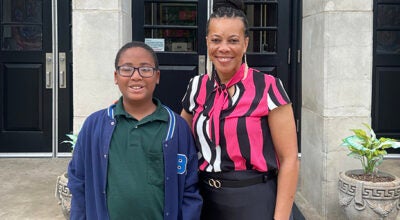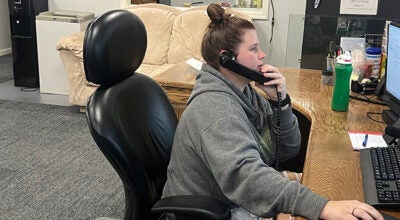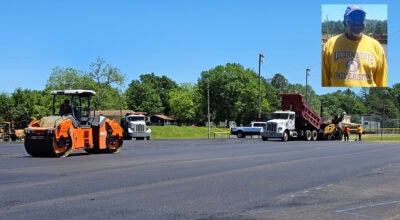Sen. Wicker, Casey introduce Rural Healthcare bill
Published 11:23 am Wednesday, March 27, 2024

- Mississippi Senator Roger Wicker
U.S. Senators Roger Wicker, R-Miss., and Bob Casey, D-Pa., introduced legislation to create a nationwide grant program to help close the physician shortage in rural, underserves areas by increasing the number of community-based training opportunities for medical students in these areas. Mississippi’s medical schools and community-based clinics could apply for the grants to award to their students.
“We must increase the available training opportunities for medical students in rural and underserved areas. My legislation would place medical students in rural areas so they can get exposure and experience. The hope is that through this exposure, medical students will stay in rural areas post-medical school. An added side effect is that this provides some relief to providers while medical students are training there. This is a win-win-win for everyone,” Senator Wicker said.
“One of the most critical investments we can make in our underserved communities is to provide quality health care. That requires medical professionals who understand the health challenges these communities face and possess the necessary experience to help patients through them,” Senator Casey said. “I’m supporting the Community TEAMS Act because it’ll help more of our future doctors gain invaluable experience supporting underserved communities and working towards bridging the gaps in health outcomes.”
Background:
The new grant program, formed under the Health Resources and Services Administration (HRSA), would facilitate long-term, sustainable physician practices in high-need communities by preparing medical students to serve these communities after graduation. Grants would be awarded to eligible entity partnerships for a period of up to five years, and partners would be required to submit a plan for sustaining these clinical rotations after federal support subsides.
Rural areas historically are in need of more physicians, and research shows that those who train in these areas are more likely to stay and practice. However, only 20 percent of physician training happens in settings outside of academic hospitals.
Community Health Centers (CHCs) serve more than 31 million patients at more than 14,000 locations in underserved areas. Currently, CHCs provide training opportunities for nearly 10,000 medical students. Increasing the number of opportunities would prepare students to serve these vulnerable communities after graduation.
The Community Training, Education, and Access for Medical Students (TEAMS) Act is supported by Mississippi Osteopathic Medical Association, American Association of Colleges of Osteopathic Medicine (AACOM), Association of American Medical Colleges, American Academy of Osteopathy, American College of Osteopathic Internists, American College of Osteopathic Obstetricians and Gynecologists, American College of Osteopathic Pediatricians, American Osteopathic Academy of Addiction Medicine, American Osteopathic Association, American Osteopathic College of Anesthesiologists, American Osteopathic College of Occupational and Preventive Medicine, American Osteopathic College of Radiology Council of Academic Family Medicine, American Osteopathic Colleges of Ophthalmology & Otolaryngology-Head and Neck Surgery, National Rural Health Association, Community Health Center Association of Mississippi, and St. Dominic Hospital of Jackson, Miss.
“When they train in the community environment, it enhances our ability exponentially to retain them in the community,” CEO of Community Health Center Association of Mississippi Terrance Shirley said.





